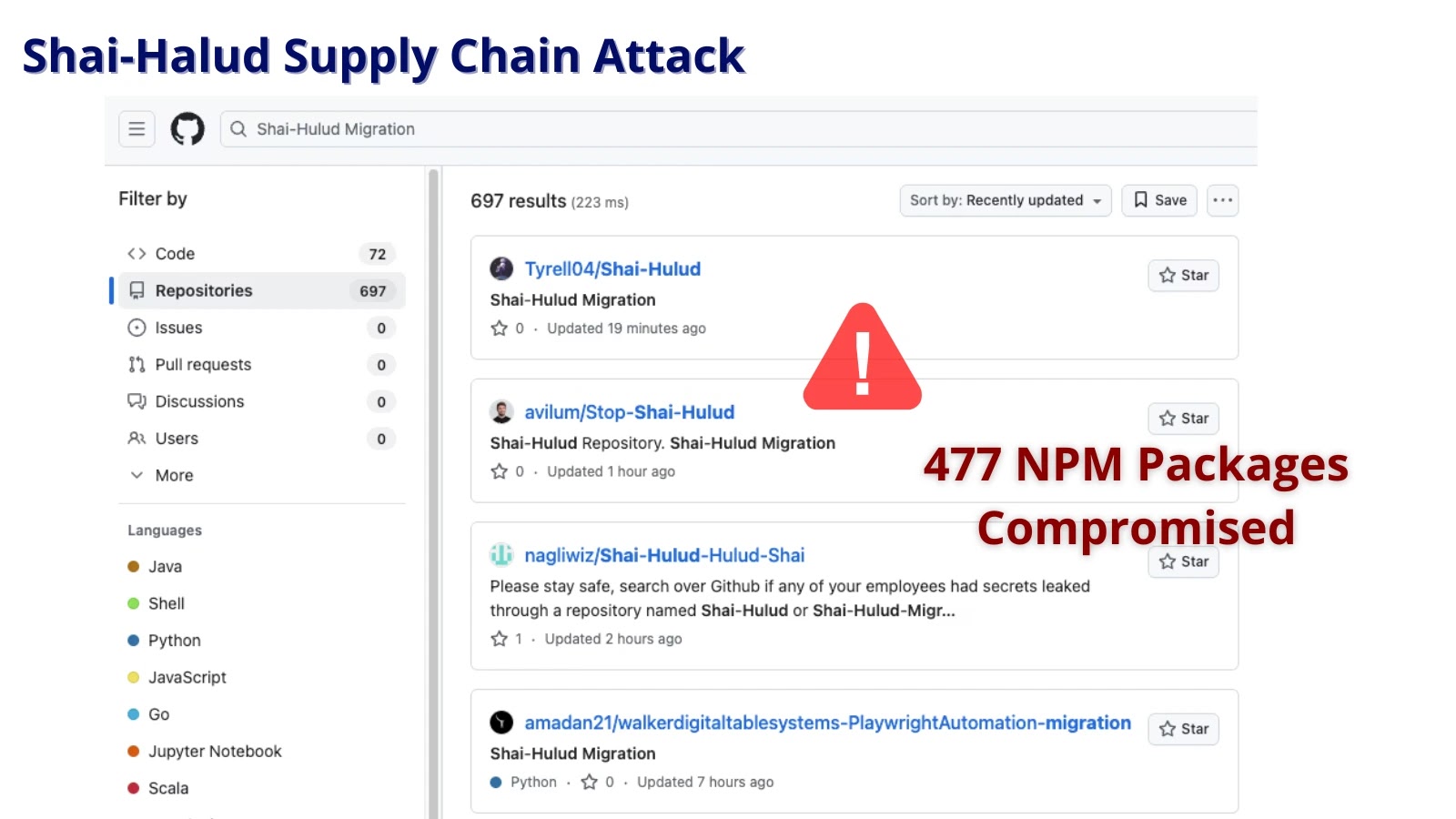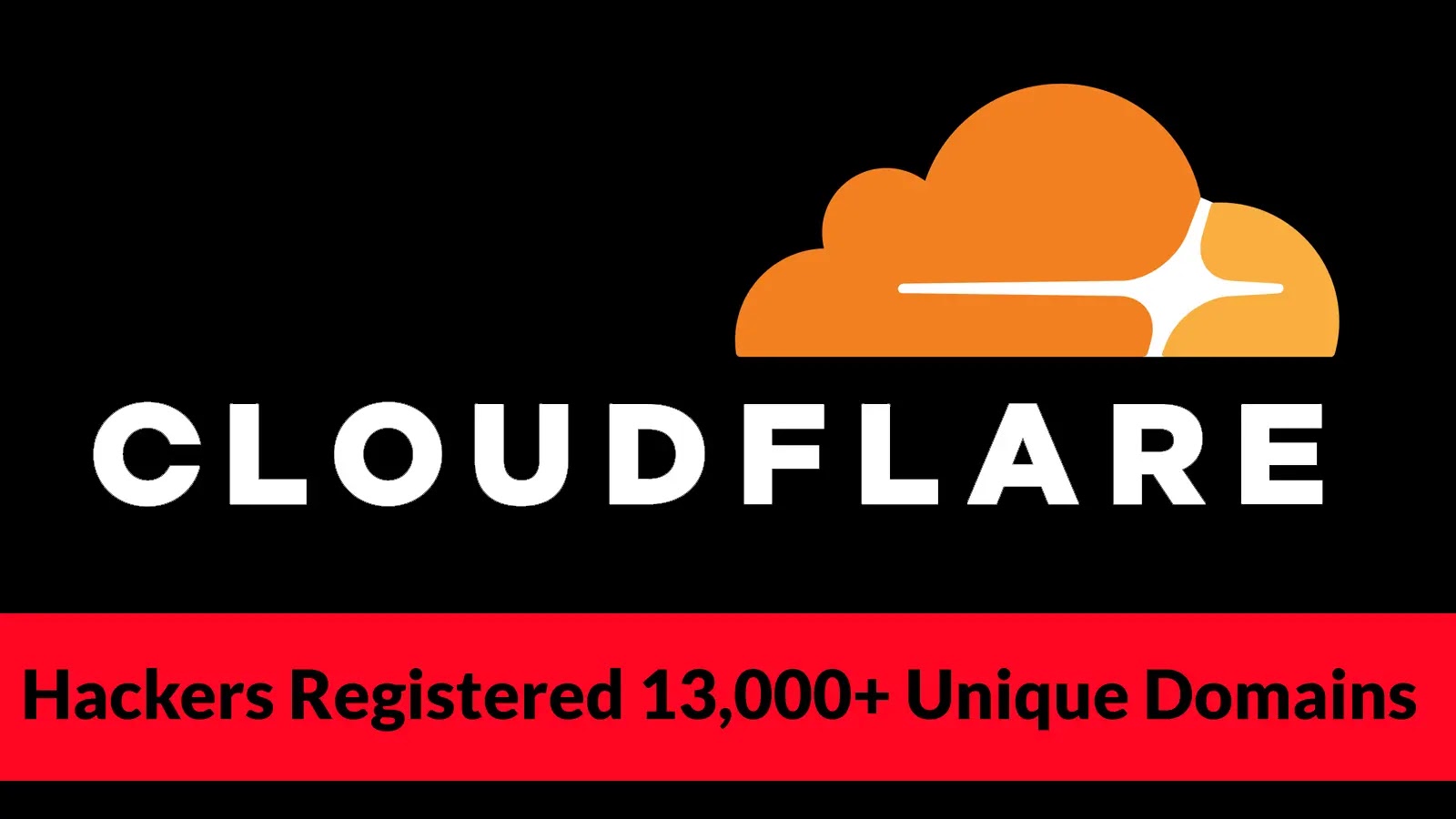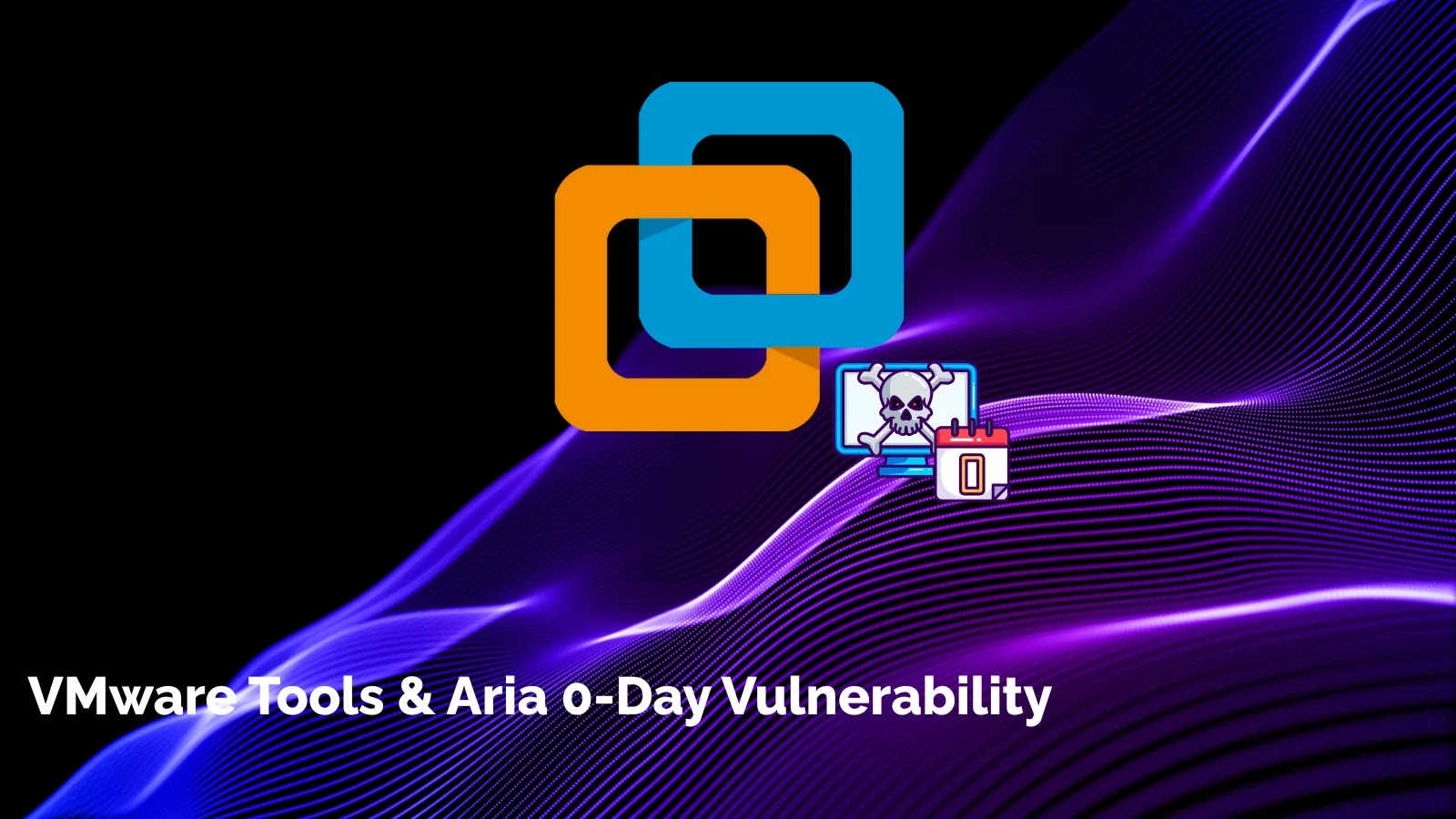In August 2025, the JavaScript ecosystem faced a significant security breach known as the Shai-Halud supply chain attack. This sophisticated campaign infiltrated the npm registry, compromising 477 packages, including those from prominent organizations like CrowdStrike. The attackers embedded stealthy backdoors and trojanized modules within these packages, aiming to steal credentials, exfiltrate source code, and enable remote code execution (RCE) on developers’ machines.
Key Takeaways:
1. Obfuscated backdoors were introduced into 477 npm packages through minor version updates.
2. The malicious payloads harvested and exfiltrated credentials to a command-and-control (C2) server.
3. Mitigation strategies include pinning package versions, implementing supply chain scanning, performing checksum verifications, and rotating exposed secrets.
Details of the Shai-Halud Supply Chain Attack:
The attack commenced in early August 2025 when threat actors gained access to maintainer accounts and published malicious updates as minor version increments (e.g., from 1.2.3 to 1.2.4). These updates contained obfuscated payloads within the main module files, typically `index.js`. Upon execution, these payloads connected to a C2 server to retrieve a second-stage payload.
Security firm Socket reported that the secondary payload scanned project directories for sensitive information, including `.env` files, SSH private keys (`id_rsa`), and Git credentials stored in `.git/config`. The collected data was then encrypted and transmitted back to the attackers’ infrastructure.
Impact on NPM Packages:
The attackers employed version-range hijacking to maintain persistence. Projects that specified dependencies with loose semantic versioning ranges (e.g., ^1.2.0) automatically incorporated the compromised releases. This tactic significantly expanded the attack’s reach, affecting a wide array of high-profile libraries, including development tools, command-line utilities, and user interface component frameworks.
Detection and Mitigation Strategies:
To identify and mitigate the impact of such supply chain attacks, developers and organizations are advised to:
– Integrate Security Tools: Incorporate tools like `npm audit`, Snyk, or OWASP Dependency-Check into continuous integration (CI) pipelines to detect anomalous version releases.
– Validate Package Integrity: Use commands such as `npm ci –prefer-offline –hash-checksums` to verify package integrity against known good SHA-256 hashes.
– Implement Runtime Monitoring: Deploy runtime monitoring solutions like Sysmon on Windows or auditd on Linux to detect unexpected network calls or the use of functions like `eval()`.
Recommended Mitigation Measures:
1. Lock Dependency Versions: Pin dependencies to specific versions and avoid using wide semantic versioning ranges to prevent automatic inclusion of malicious updates.
2. Rotate Secrets: Revoke and regenerate any exposed API tokens, SSH keys, and environment variables to mitigate potential unauthorized access.
3. Audit Dependencies: Run `npm ls –prod –depth=0` to list direct dependencies and cross-reference them against known advisories to identify and address vulnerabilities.
As open-source ecosystems continue to be prime targets for cyberattacks, it is imperative to secure the software supply chain through rigorous validation and continuous monitoring. Proactive measures and heightened vigilance are essential to protect against such sophisticated threats.



